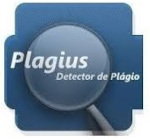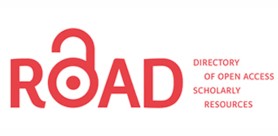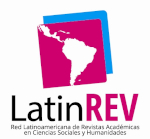MUSIC IN THE CLASSROOM: SUGGESTIONS FOR INCLUSIVE EDUCATION
DOI:
https://doi.org/10.47180/omij.v4i2.213Keywords:
Music. Inclusion. Dialogism.Abstract
Throughout our history, we have known the importance of music for society. From this, our study aims to present suggestions for working with songs in the classroom and thus contribute to the teaching and learning process in an inclusive way, providing more dynamic and dialogical classes, enabling, then, greater involvement and participation of students. The methodology used was the bibliographic research to obtain more information about the theme of the present study. In the next moment, a song was selected to be worked on and the contents that could be taught through the theme of it. Next, we set out to elaborate the didactic sequence focused on classroom work aiming at inclusion and dialogism through music. As a theoretical contribution we based on the studies of Di Camargo (2020), Fiorin (2006), Matias (2017), Napolitano (2002) and Neves (2014). At the end of our study, we concluded music can help as an inclusive and dialogical tool in classes, whether to work on linguistic or literary issues, or even to work on current social issues, it can also be used in conjunction with written, oral and playful activities, allowing students a more dialogical contact with the contents and consequently enabling them to feel a fundamental part of their educational process, as we suggest throughout this article.
Downloads
References
DI CAMARGO. Ivo Júnior. A memória de futuro em tela: diálogos entre o cinema e Bakhtin. São Paulo: Mentes Abertas, 2020.
MATIAS, Janielly Fernandes. A arte como elemento facilitador no contexto da educação inclusiva. Trabalho de Conclusão de Curso (Graduação em Psicopedagogia) Universidade Federal da Paraíba, Centro de Educação, 2017.
NAPOLITANO, Marcos. História & música – história cultural da música popular. Belo Horizonte: Autêntica, 2002.
STAINBACK, Susan; STAINBACK, William. Inclusão um guia para educadores. 1º. ed. Porto Alegre: Artmed, 1999.
Downloads
Published
How to Cite
Issue
Section
License
Copyright (c) 2023 Open Minds International Journal

This work is licensed under a Creative Commons Attribution-NonCommercial-NoDerivatives 4.0 International License.
The authors declare that any work submitted, if accepted, will not be published elsewhere, in English or in any other language, and even electronically, unless it expressly mentions that the work was originally published in the Journal.













